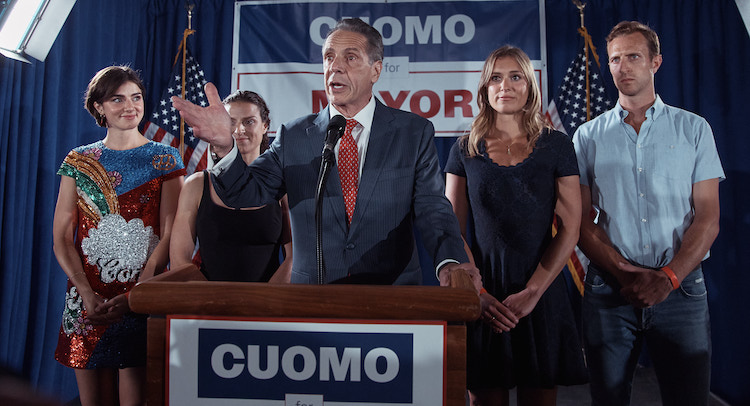In many ways, Donald Trump’s hand in Asia had been forced by his predecessor. Reconstructing working relationships with America’s allies abroad, however unsavory some of them may be, is a geopolitical necessity. In pursuing that crucial objective, however, President Trump is sacrificing the ideals of the United States, abandoning America’s advocacy...
Continue Reading
Subscribe to Commentary Magazine for unlimited access to this article and our complete 75-year archive.
📚
Complete 75-year archive access
📱
Ad-free reading experience
📖
Monthly print magazine
💎
Exclusive subscriber content
PRINT + DIGITAL (annual)
$
108
/year
Save 10%
- ✓ Every article, blog post & podcast, unlocked
- ✓ Access to all past issues since 1945
- ✓ Access to our curated iPad app
- ✓ PDF download of current issue
- ✓ Monthly print edition delivered to your door
- ✓ You can cancel anytime
PRINT + DIGITAL (monthly)
$
9.97
/month
- ✓ Every article, blog post & podcast, unlocked
- ✓ Access to all past issues since 1945
- ✓ Access to our curated iPad app
- ✓ PDF download of current issue
- ✓ Monthly print edition delivered to your door
- ✓ You can cancel anytime
Already a subscriber? Sign in here
Join thousands of readers who trust Commentary Magazine for intelligent analysis and thoughtful discussion.
+
A
A
-




